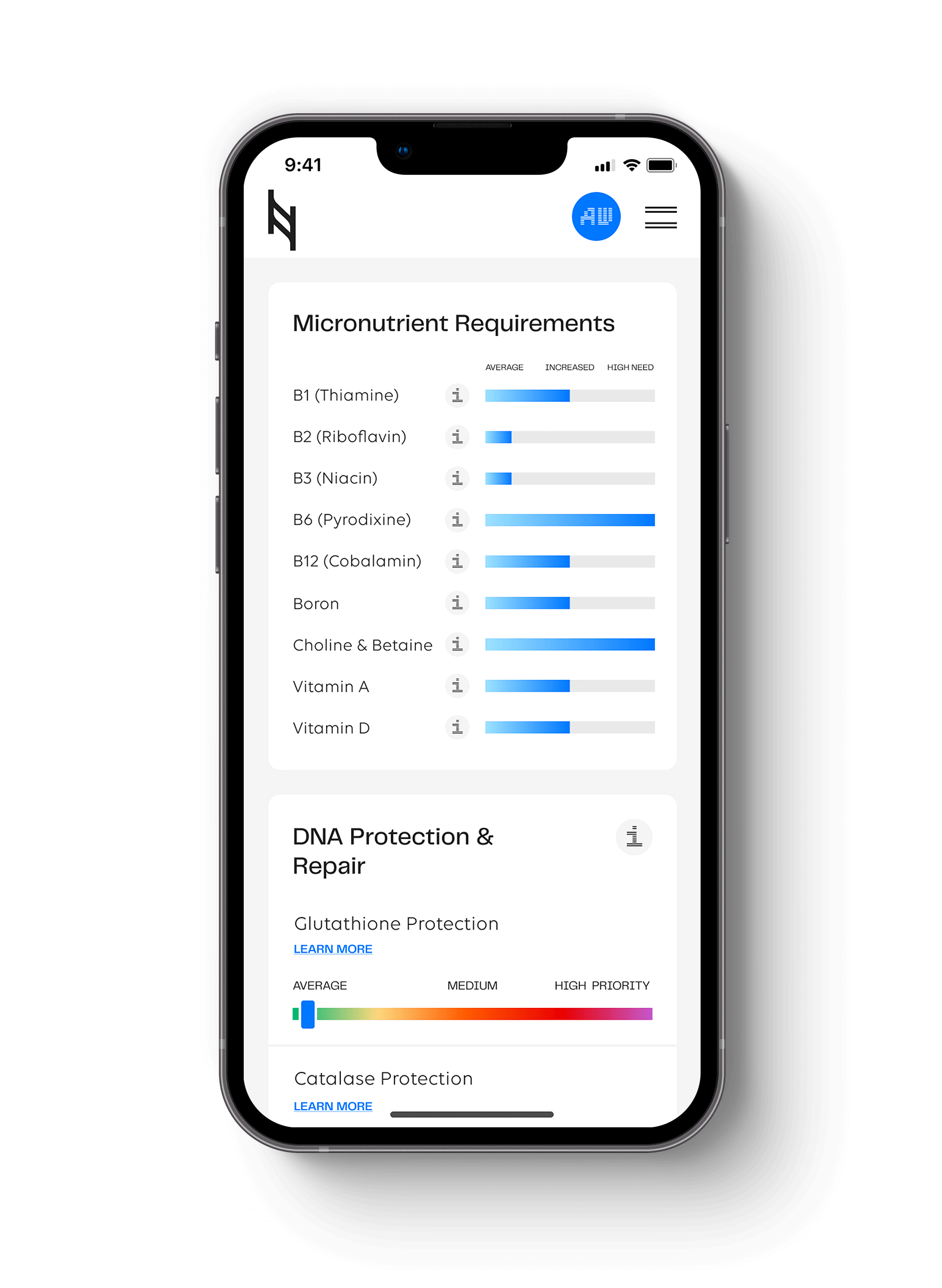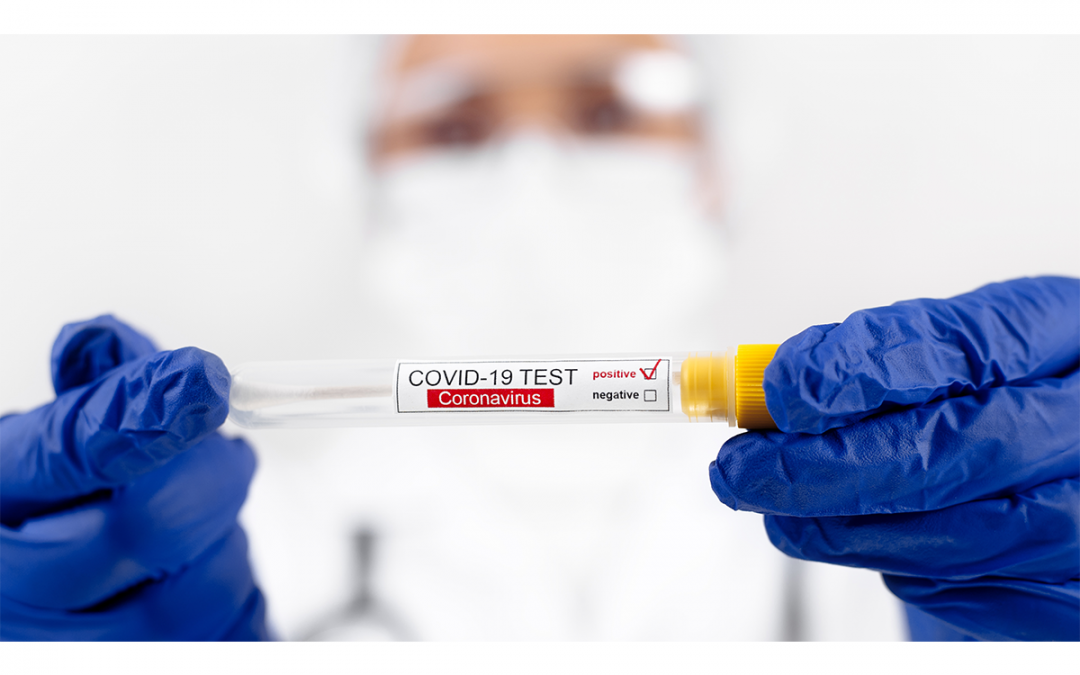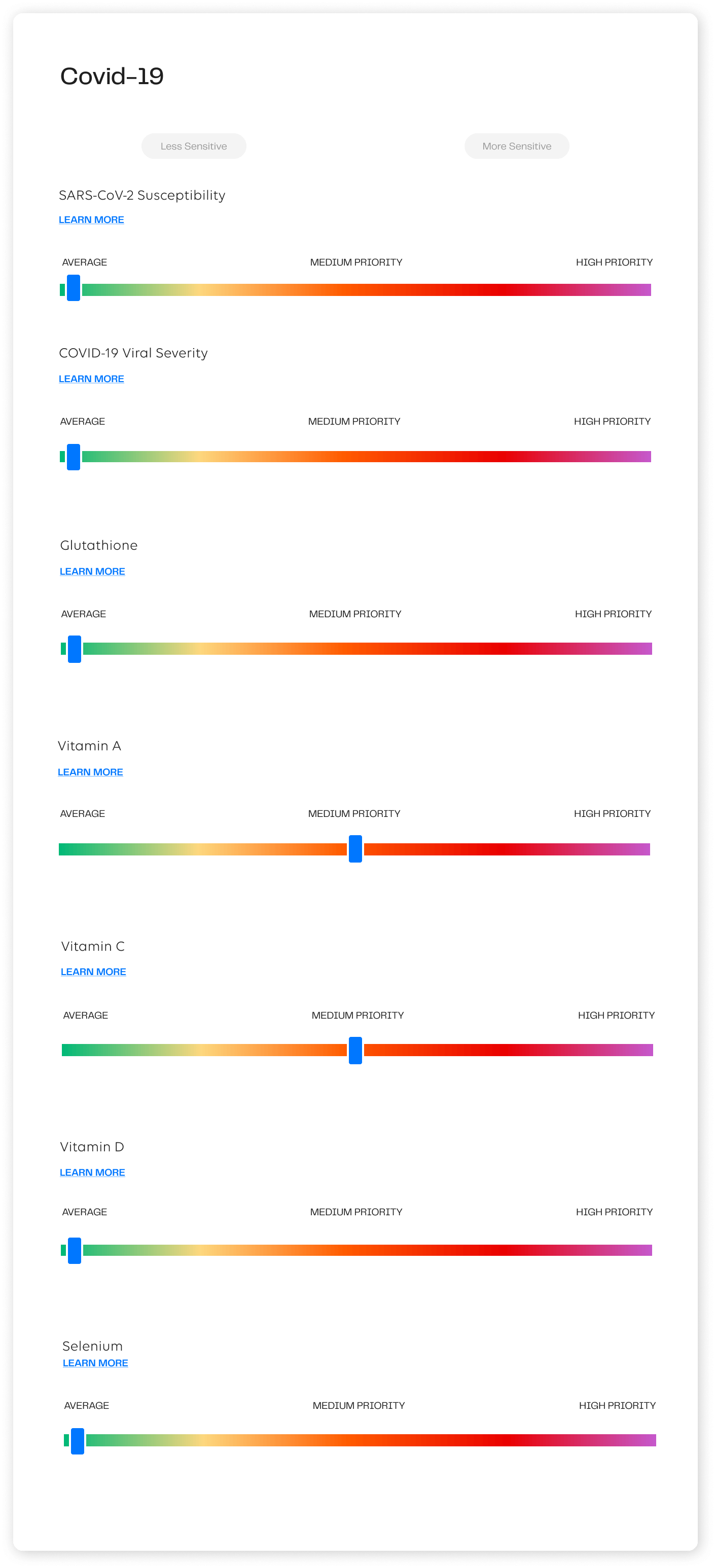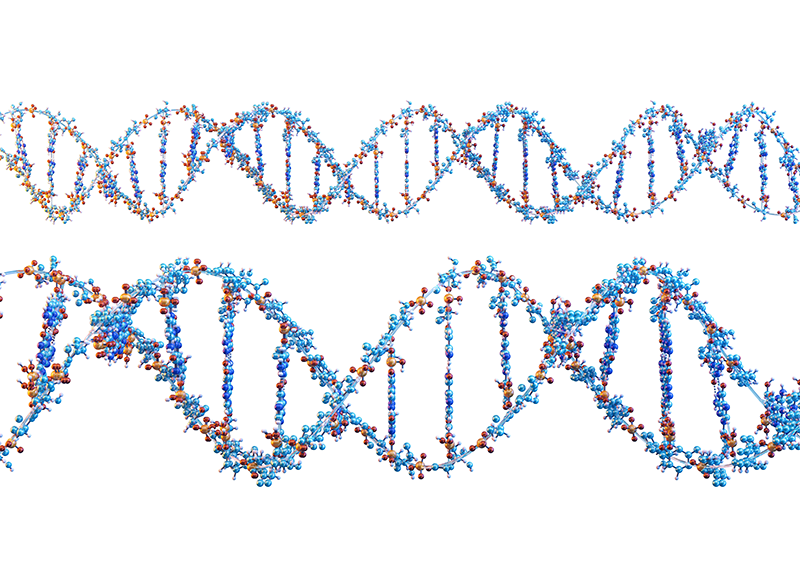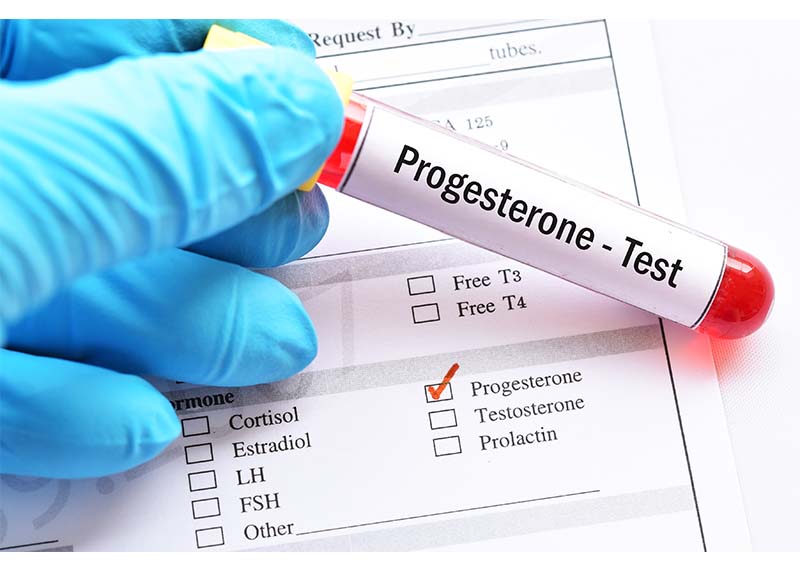U.S. health experts are warning a highly contagious Covid omicron variant, called BA.2, could soon lead to another uptick in domestic coronavirus cases. BA.2 is considered to be about 50% to 60% more transmissible than omicron, but it does not appear to be more severe.
The New Immune Support Section of the Nutrition Genome Report
Our new Immune Support section outlines the genes involved in COVID-19 susceptibility and severity. We collected research from around the world that looked at specific genes linked to levels of micronutrients, glutathione, anthocyanins, glycine, bifidobacteria, and COVID-19 severity. Targeting high priorities can help you narrow down the best approach for your immune function.
The LZTFL1 Gene
A new gene called LZTFL1 has been identified to be one of the most important genetic risk factors for lung damage severity from COVID-19. The LZTFL1 gene influences the transition of specialized lung cells to less specialized lung cells during infection and inflammation. Low levels of LZTFL1 promote this transition, while high levels slow the transition. The hypothesis is that less specialized lung cells have fewer ACE2 receptors and, therefore, less chance for viral entry from SARS-CoV-2.
People with the variant genotype have higher levels of LZTFL1, slowing the transition to less specialized cells, leaving more specialized lung cells vulnerable to SARS-CoV-2 viral entry, replication, and severity.
Scientists at the University of Oxford published results in November 2021 that variants in the LZTFL1 gene doubled the risk of lung failure and death from COVID-19. Approximately 60% of people with South Asian ancestry, 15% of people with European ancestry, 2% of African-Caribbean ancestry, and 1.8% of East Asian ancestry carry the high-risk variant.
Further Research
To see an in-depth nutrigenomic approach to COVID-19, please see our article, The Latest Nutrigenomic Research on COVID-19.
Hit your health goals faster
We'll help you remove the guesswork
Experience the most advanced nutrigenomic test available, covering 100 clinically relevant genes for a "whole body" analysis. Take control of your health today.
$359
